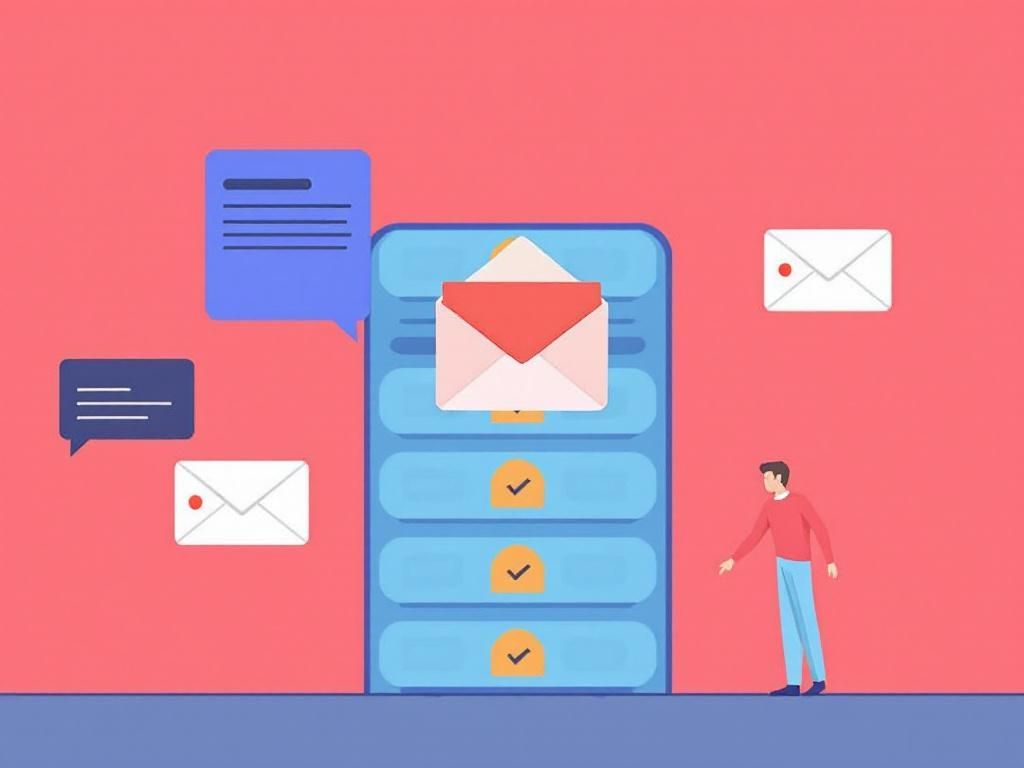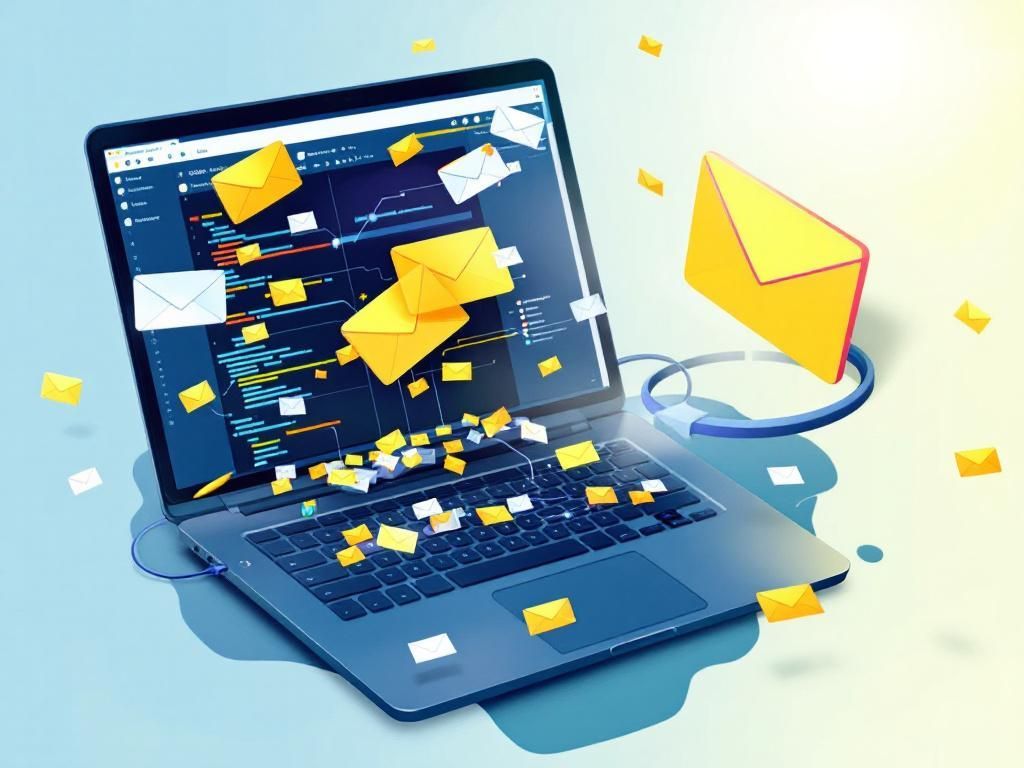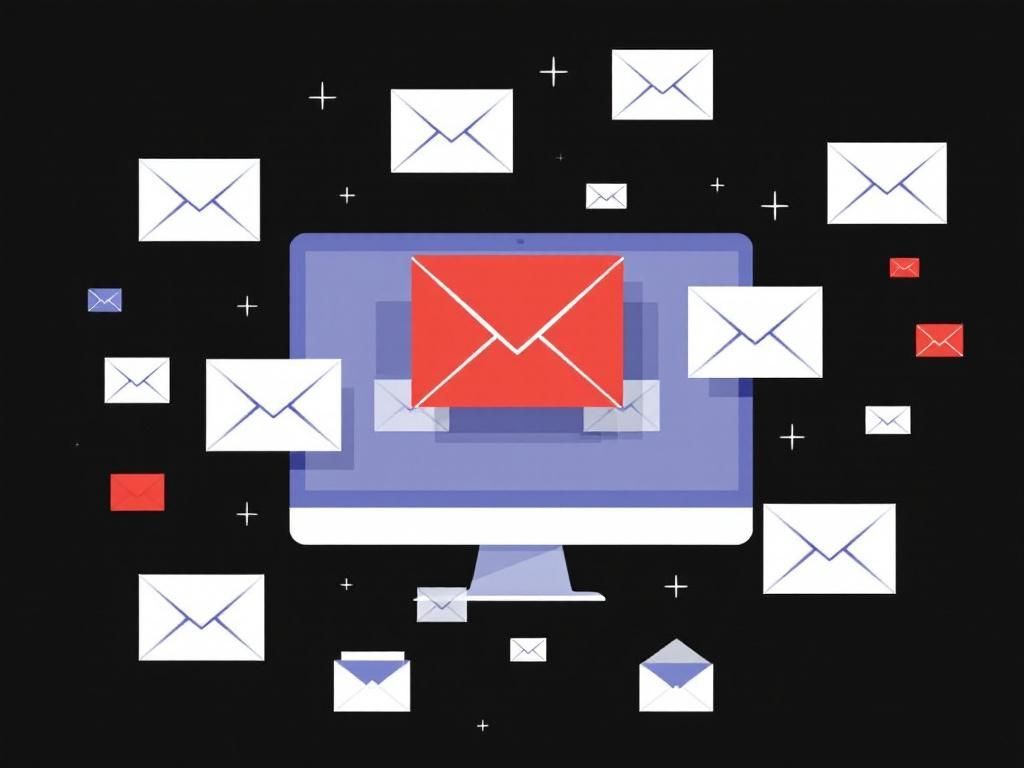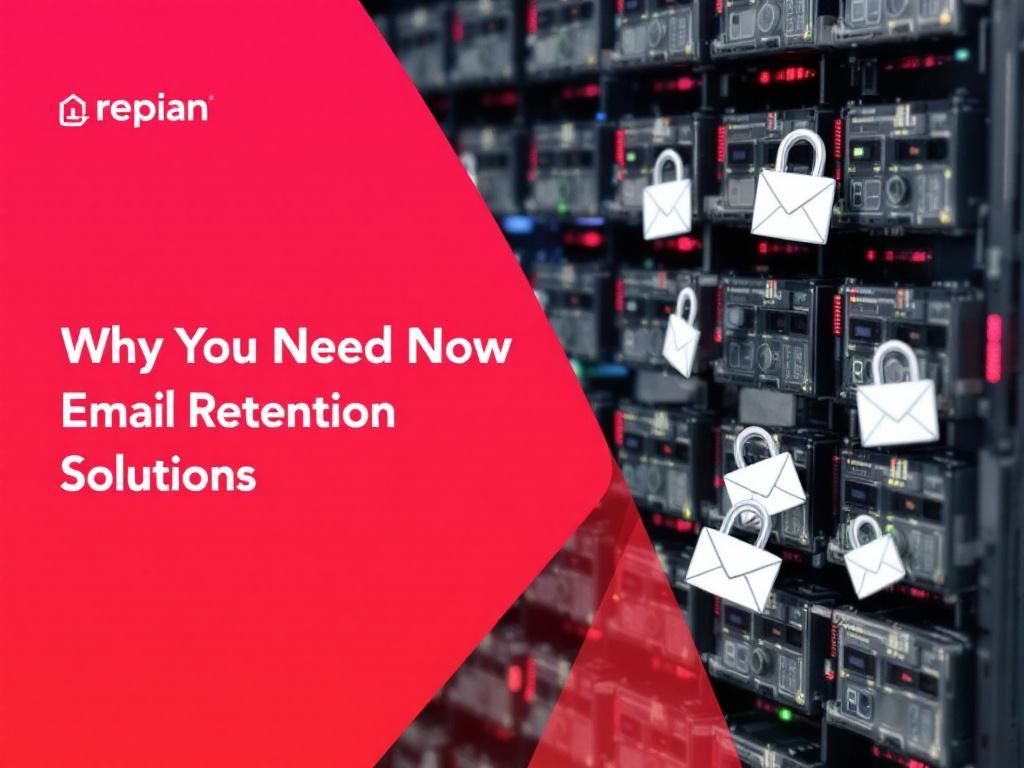The Importance of Email Archiving in 2025
Discover why email archiving is crucial in 2025 for compliance, data security, and efficient communication management.

As we step into 2025, the digital landscape continues to evolve rapidly, bringing with it new challenges and opportunities for businesses. One critical aspect that has become increasingly vital is email archiving. With the ever-growing volume of emails exchanged daily and the stringent regulations surrounding data retention, understanding the importance of archiving emails is essential for organizations of all sizes. In this article, we will explore the reasons why email archiving matters more than ever in 2025, examining its benefits, the technologies that support it, and best practices for implementation.
As organizations navigate the complexities of the digital age in 2025, the importance of email archiving cannot be overstated. This practice not only ensures compliance with regulatory requirements but also enhances data retrieval efficiency, ultimately safeguarding vital information. To explore effective visual guidelines for digital branding, you can explore our logo mockup collection.
Table of Contents
The Growing Need for Email Archiving
In today’s fast-paced corporate environment, email remains a primary mode of communication. As such, businesses are inundated with vast amounts of data. The need for effective email management has never been more pressing. Here are some key drivers behind the growing need for email archiving:
- Regulatory Compliance: Many industries are subject to strict regulations that require the retention of communications for a defined period. Failure to comply can result in hefty fines and legal repercussions.
- Litigation Readiness: In the event of a lawsuit, organizations must be prepared to produce relevant emails. An effective archiving solution ensures emails are easily retrievable and organized.
- Storage Management: Email servers can quickly become overwhelmed with data. Archiving helps manage this data, improving server performance and reducing costs associated with storage.
- Data Security: Email archiving can enhance data security by providing an additional layer of protection against data loss, corruption, and breaches.
Benefits of Email Archiving
Implementing an effective email archiving strategy offers numerous advantages to organizations. Here are some of the most significant benefits:
1. Improved Compliance
Email archiving ensures that organizations retain communications in accordance with regulations such as GDPR, HIPAA, and FINRA. By automating the retention process, businesses can minimize the risk of non-compliance.
2. Enhanced Retrieval Speed
With an organized archiving system, retrieving specific emails becomes a quick and efficient process. This is particularly crucial during litigation or audits, where time is of the essence.
3. Cost Savings
While there may be initial costs associated with implementing an archiving solution, the long-term savings on storage and legal expenses can be significant. Investing in archiving can prevent costly penalties and help manage data storage more effectively.
4. Increased Productivity
Employees spend less time sifting through their inboxes when a well-structured archiving system is in place. This frees up time for more strategic tasks, thus enhancing overall productivity.
Technological Advances in Email Archiving
The field of email archiving has seen rapid advancements in technology over recent years. Here are some key trends and technologies that are shaping the future of email archiving:
1. Cloud-Based Solutions
Cloud computing has transformed email archiving by offering scalable, secure, and cost-effective solutions. Cloud-based archiving allows organizations to store data off-site, reducing the burden on local servers.
2. Artificial Intelligence and Machine Learning
AI and machine learning algorithms are being integrated into archiving solutions to improve data categorization and retrieval. These technologies can identify patterns and help predict which emails are most likely to be needed in the future.
3. E-discovery Tools
Modern archiving solutions often include e-discovery capabilities, making it easier to search through archived emails to find relevant information quickly. This is essential for legal and compliance purposes.
Best Practices for Email Archiving
To maximize the benefits of email archiving, organizations should follow these best practices:
1. Define Retention Policies
Establish clear policies regarding how long different types of emails should be retained. Consider industry regulations and organizational needs when defining these policies.
2. Choose the Right Solution
Select an archiving solution that fits your organization’s size, budget, and specific requirements. Be sure to look for features such as search capabilities, compliance support, and integration with existing systems.
3. Regularly Review Archived Emails
Conduct periodic reviews of archived emails to ensure compliance with retention policies and to identify any redundant or unnecessary data that can be purged.
4. Train Employees
It is crucial to educate employees about the importance of email archiving and how to use the archiving system effectively. Consider regular training sessions and provide resources to help them understand best practices.
Conclusion
As we navigate through 2025, the importance of email archiving will continue to grow. Organizations must prioritize their email management strategies to ensure compliance, enhance productivity, and safeguard their data. By leveraging advanced technologies and adhering to best practices, businesses can effectively manage their email communications, turning a potential liability into a strategic asset.
FAQ
Why is email archiving important in 2025?
Email archiving is crucial in 2025 as it helps organizations manage increasing email volumes, ensures compliance with regulations, and protects against data loss.
How does email archiving enhance data security in 2025?
Email archiving enhances data security by storing emails in a secure environment, preventing unauthorized access, and ensuring that critical information is backed up.
What are the compliance benefits of email archiving in 2025?
In 2025, email archiving helps organizations meet legal and regulatory requirements by retaining emails for specified periods and facilitating audits and e-discovery.
Can email archiving improve productivity in 2025?
Yes, email archiving can improve productivity in 2025 by allowing employees to easily search and retrieve archived emails, reducing time spent on managing their inboxes.
What role does email archiving play in disaster recovery in 2025?
Email archiving plays a critical role in disaster recovery in 2025 by ensuring that vital communications are preserved and can be restored quickly after data loss incidents.
How can businesses choose the right email archiving solution in 2025?
Businesses can choose the right email archiving solution in 2025 by considering factors like scalability, ease of use, security features, and compliance capabilities.








